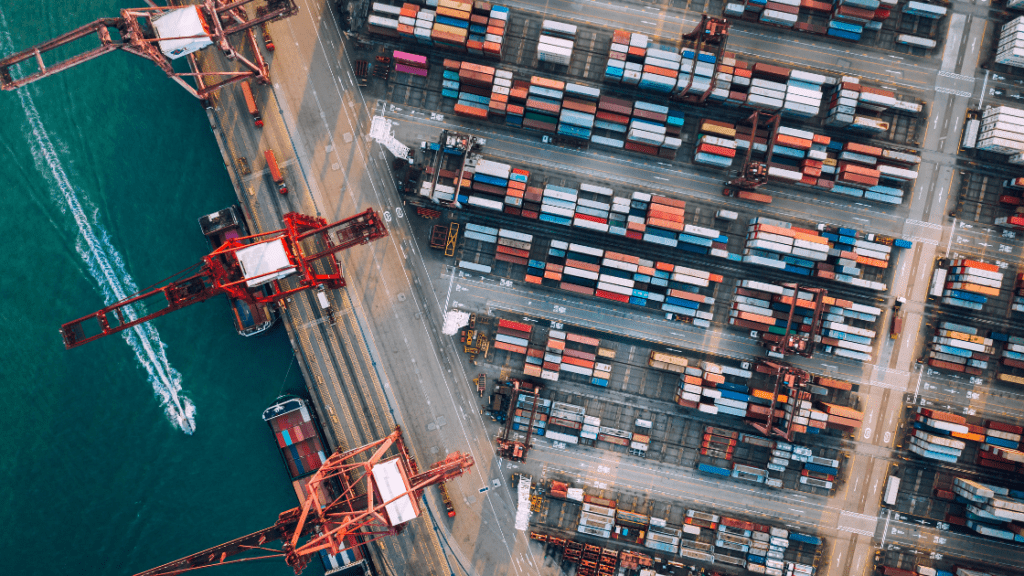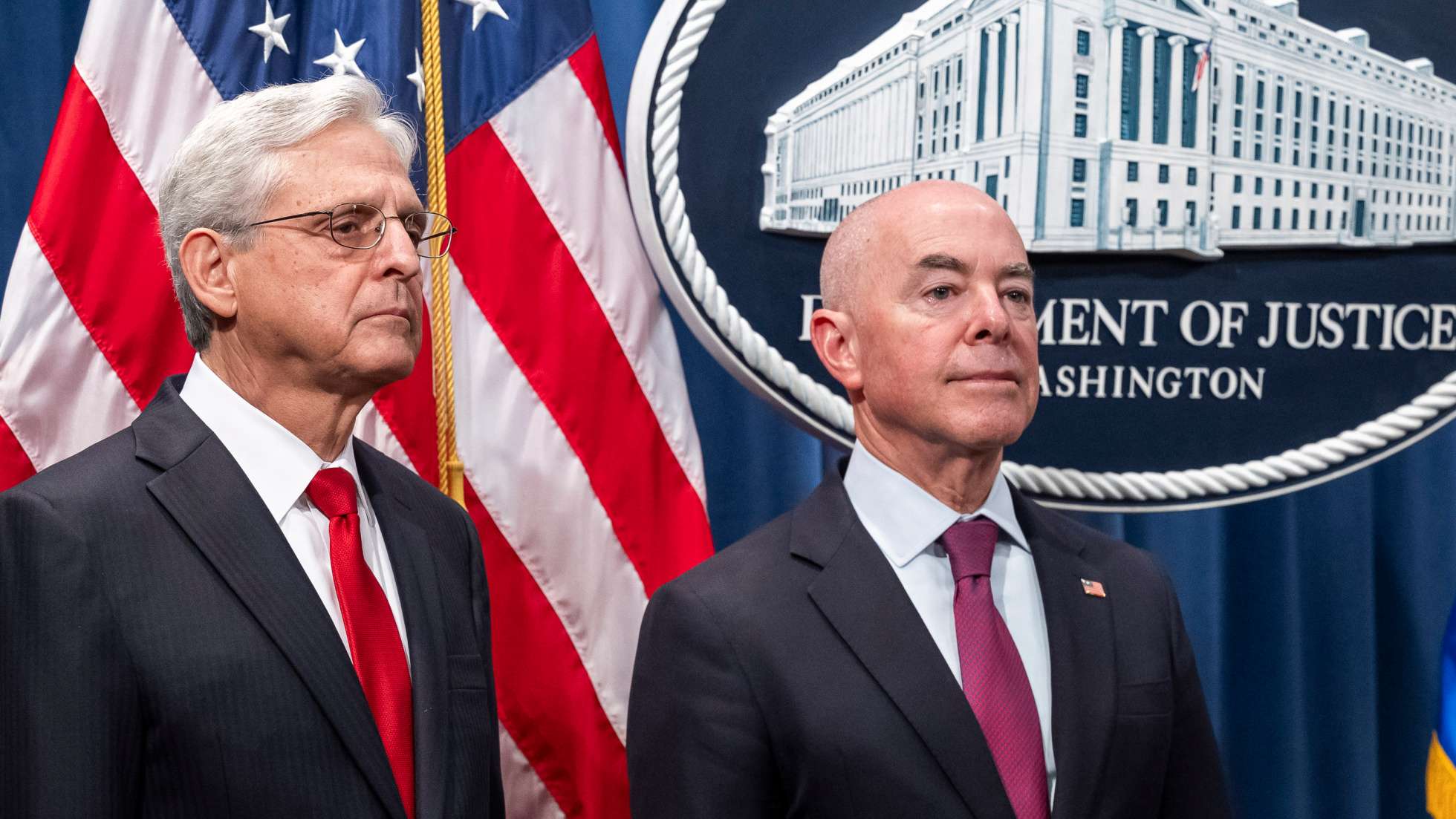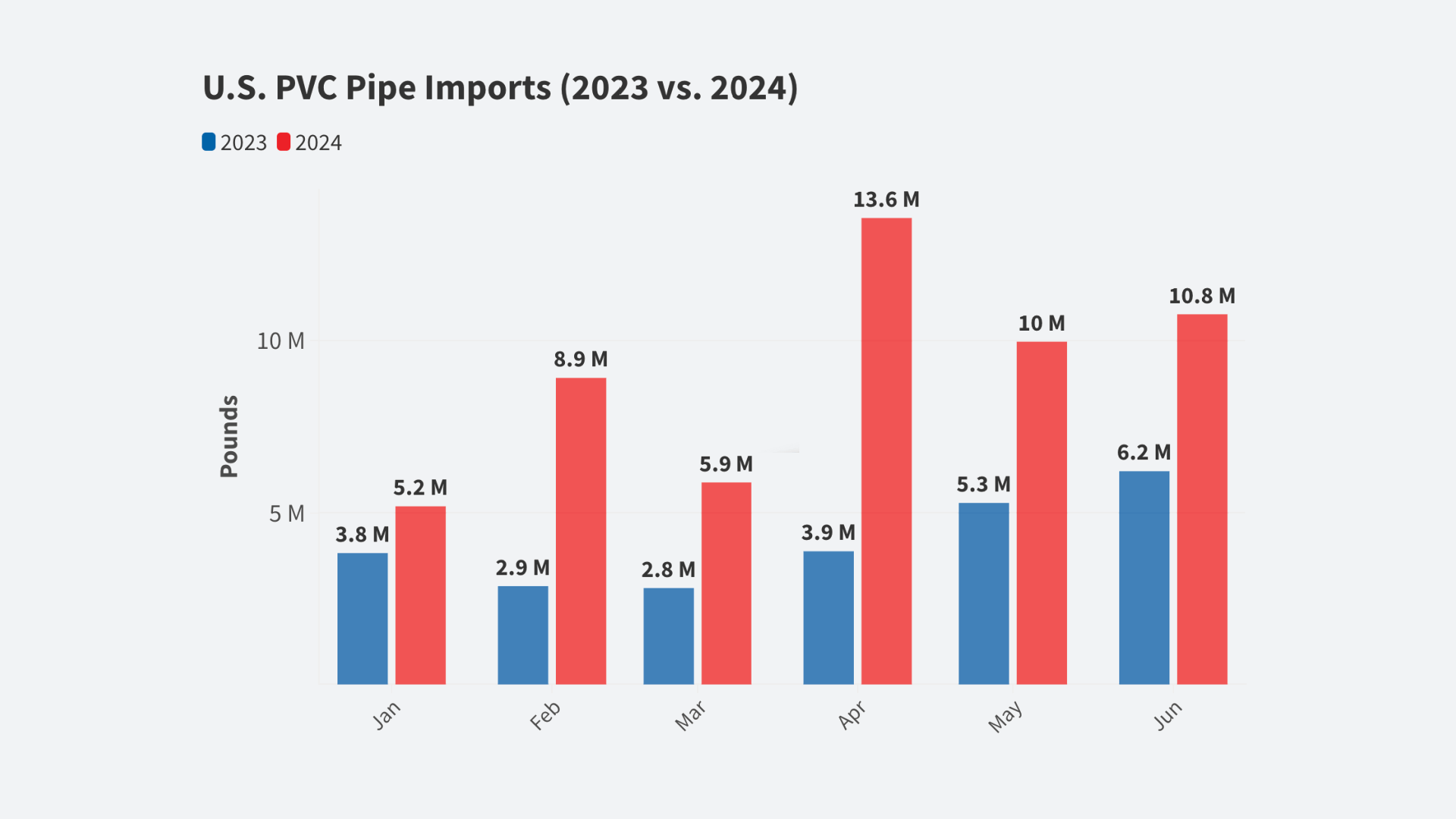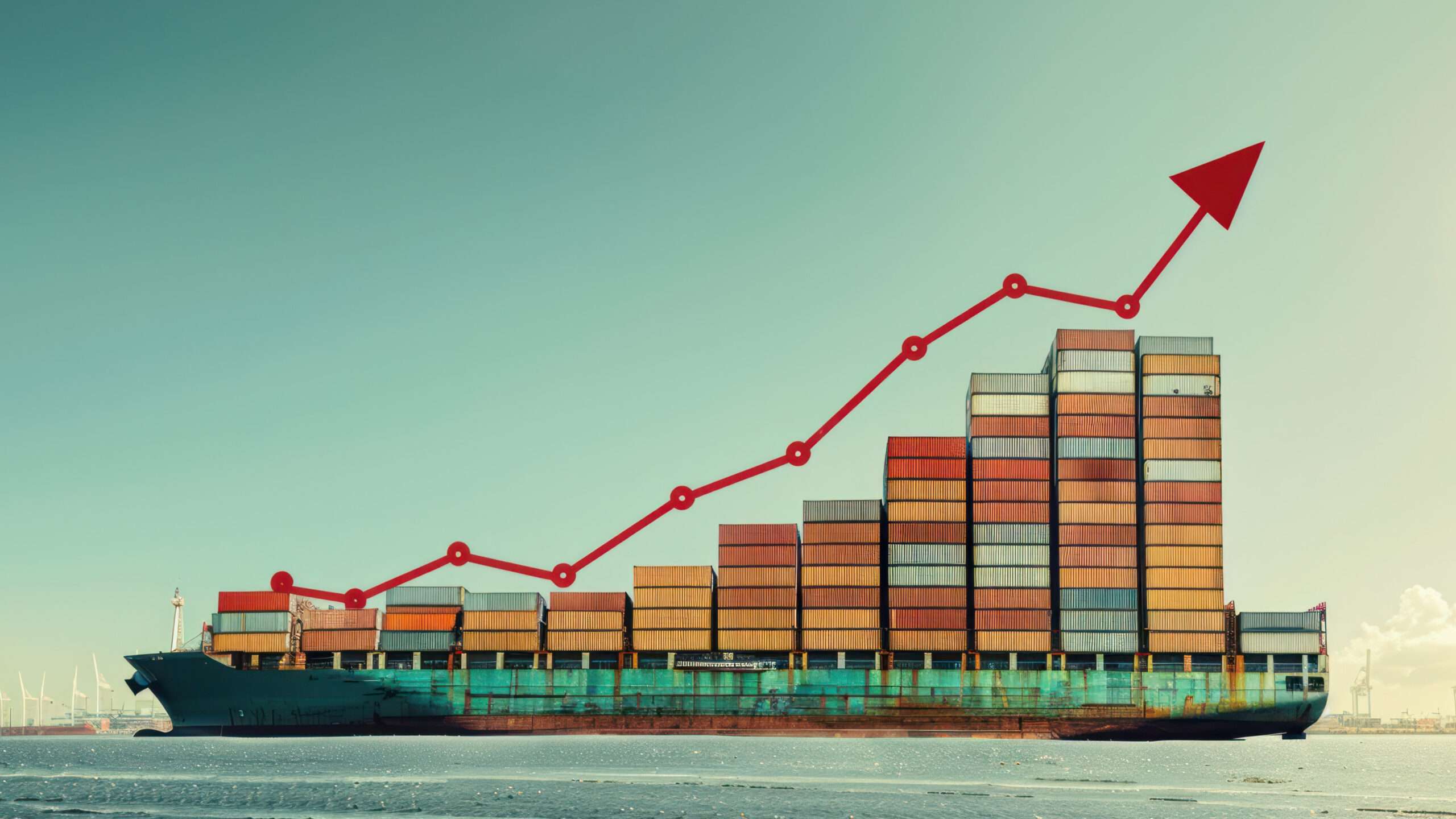What is priority number one on trade – is it concern over inflation, or is it keeping American manufacturing alive? This is an issue the Biden administration is wrestling with, and there are signs that it is teetering in favor of removing tariffs under the assumption that it will lower inflation.
Michael Stumo, CEO of CPA, said the national goal should be to create an economy with rising “real wages” in which wages rise faster than inflation. Tariffs are a necessary part of industrial policy to rebuild the high-wage industries to achieve that goal. He warned against giving Wall Street and big corporate importers a pass on China imports under the guise that inflation will fall. U.S. inflation is driven by supply shocks and price increases in untariffed goods – mainly energy; housing prices (now coming down); food and non-food commodities; and last year’s chip shortage which hiked the price of used cars (also on the wane).
“Inflation is too much money chasing too few goods, not a function of tariffs. We had a surge in consumer demand from massive Covid stimulus. And then we had the supply chain shortages due to Covid and the Russia-Ukraine war,” Stumo said. “This is what is causing inflation. I don’t think there is any dispute about that. Many countries are experiencing high inflation but did not raise tariffs.”
On Thursday, Stumo took on two other panelists during a Washington International Trade Association webinar moderated by Nasim Fussell, Partner at Holland & Knight and former Chief International Trade Counsel for Republicans on the U.S. Senate Committee on Finance.
You can see the full one-hour webinar here.
Ms. Fussell asked if tariffs support employment or were a headwind.
“When we imposed tariffs on washing machines, Samsung and LG stopped dumping imports and built factories here…two of them. Fifteen hundred people were hired for Samsung in North Carolina and Tennessee with the average wage around $20 an hour with full benefits. Amazon is paying $15,” Stumo reminded her. “When you look at steel tariffs, you have had huge investments in steel capacity. Those starting jobs are around $80,000, double the average wages of the surrounding communities.”
After the steel tariffs were imposed, steel prices dropped below pre-tariff levels. Just as important, higher-paying jobs in town gave people options for employment. That drives up demand for services locally, but it also drives up regional wages as surrounding companies had to compete for employees or lose them.
“We need to get away from this issue that a job is a job,” Stumo said. “We are creating too many low-wage jobs and not enough high-wage jobs.”
In a report published last year on trade deals and their impacts on labor, the International Trade Commission said that very little growth resulted in the last 25 years. But the primary beneficiaries were big multinationals who had new access to produce in countries with cheaper labor, more subsidies, and fewer environmental and other regulation. The ITC also found that small and mid-sized companies declined and that blue-collar workers without college educations were the hardest hit, especially women and minorities.
Professor Alan Deardorff, Economist and Professor at the Ford School of Public Policy at the University of Michigan, and Ed Gresser, Vice President and Director for Trade and Global Markets at the Progressive Policy Institute, were both in favor of lowering tariffs on China.
Professor Deardorff said that if we taxed imports, it also hurt the exporters who use those imports to manufacture goods.
When asked by Fussell if it would be wise to at least cut tariffs on consumer goods, Gresser said that most of the China tariffs (Section 301s) are on industrial goods, not consumer goods. “There have been consumer goods tariffed, but they have gone to Vietnam or Mexico so dialing back tariffs on them will not do much,” he said.
Despite both men going toe to toe with CPA, they agreed tariff cutting would do very little, if anything, to address inflation. Deardorff said cutting tariffs would have no meaningful impact on inflation.
“They have to be seen to deal with inflation if Biden wants to be viewed as effective. Job rates are already good, so I wouldn’t call it priority number one, even though higher interest rates will hurt the job market eventually,” he said. “I’m in favor of not having tariffs. Getting rid of them is a desirable thing, but that is not going to do much, in all honestly, to lower inflation. Tariffs raise prices, but it’s a one-shot thing. Spread across the entire economy, cutting tariffs just is not going to have a measurable effect on inflation.”
When even the opposition agrees, it would appear then that a cut to China tariffs is just something that some in the Biden administration have planned on since taking office. This winter, Biden put an end to tariffs on double-sided solar panels from Asia, a tariff that was tied up in litigation, but could have been renewed. The ITC recommended renewal. This summer, Biden put a two-year tariff moratorium on Chinese solar products coming from Southeast Asia, circumventing existing tariffs imposed under Obama. That said, tariffs have done nothing but come down all year long, despite inflation going up.
Trump-era tariff policy – which Deardorff called “trade war tariffs” – was imposed on fewer Chinese goods than the media would have us believe. In 2020, the U.S. imported roughly $440 billion worth of products sourced from mainland China. That is only 15% of our $2.8 trillion imports are from China overall, accounting for around 2% of U.S. GDP. But only about one-third of those China imports were tariffed, and the average rate was 20%.
“The national security imperative to rebuild our industries is especially important now with the high risk that China can cut off our supplies any day,” said Stumo. “We got a foretaste of supply shocks with Covid and the Ukraine War. We can and must produce more of what we consume domestically for national security, health security, and economic security.”
“Our view is the U.S. should not pursue cheap consumption from whatever country uses the most subsidies, has the lowest labor rates, and the lowest regulations, while displacing huge amounts of our productive industries,” said Stumo. “We should be focused on a high wage economy based upon robust production in many sectors, especially those with high growth and high productivity. Good jobs with high wages matter more to our citizens than marginally cheaper prices.”













